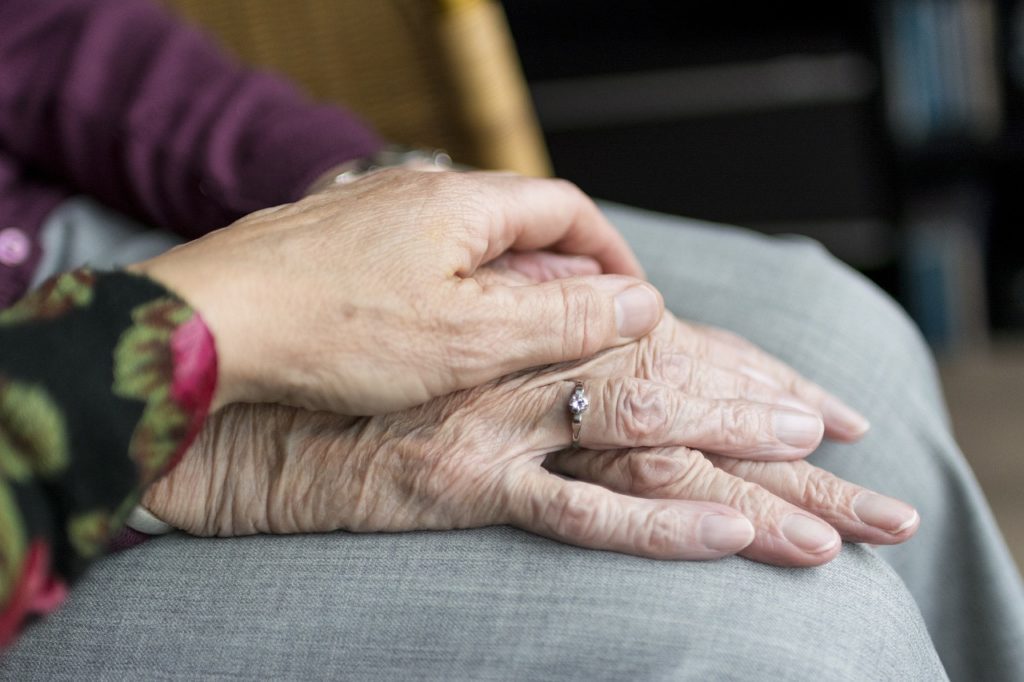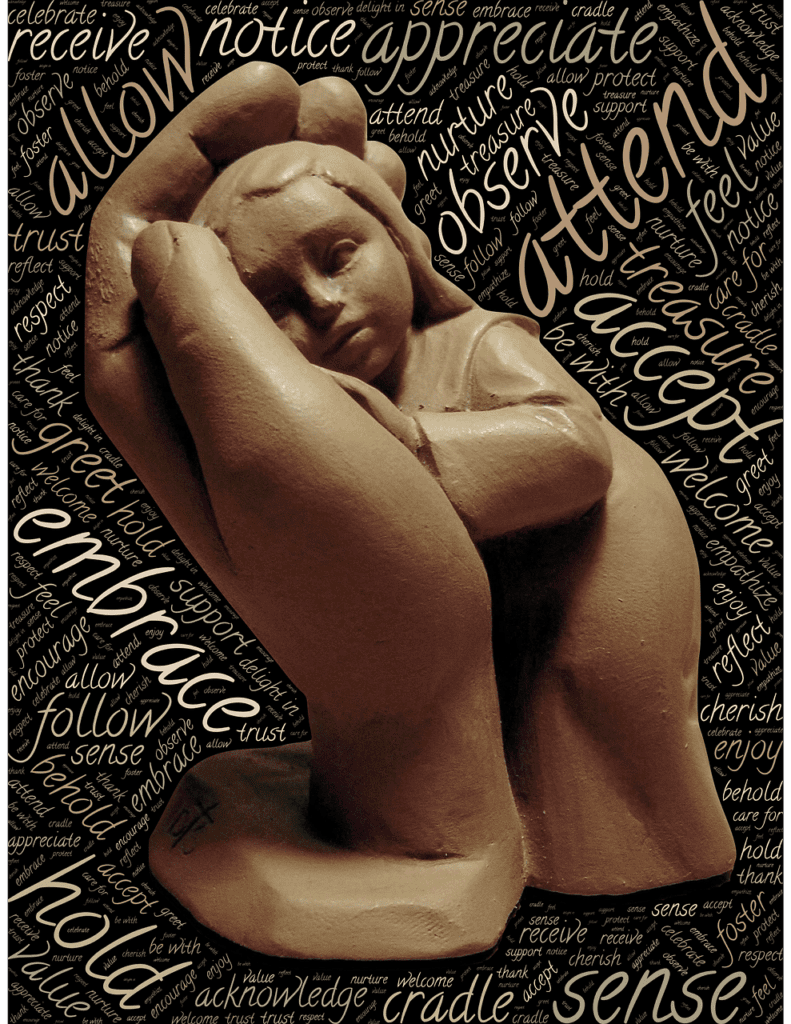Are you quick to answer that there is NO difference between empathy and compassion? It might seem that way. After all, they’ve become such common buzzwords that they’re often used interchangeably. That’s a mistake though.

Yes, they’re both part of the human condition and are evolutionary strategies that have been integral to our survival. And both activate the vagus nerve which controls the brain’s heart, lungs, and reward centers.
They are not the same though. And understanding the discrepancies can be the difference between living a fulfilled life and experiencing frequent burnout.
What Is Empathy?
When you are able to step into another’s shoes and emotionally understand their position, that is empathy. You are able to imagine yourself in their situation and feel what they are feeling.
For example, when you see another person who’s suffering from, say, the loss of a job or loved one, you are able to envision yourself in those same circumstances and experiencing the emotions connected with it.
Empathy is pretty rudimentary. It’s rooted in our brains and bodies in such a way as to be instinctual. At this level, it’s considered cognitive empathy. And it’s a beneficial component of healthy relationships – both personal and professional.
The Pitfalls of Empathy
As helpful as empathy is, there’s the other side of the coin. This is known as emotional empathy.
With cognitive empathy, there’s the understanding of what it means to experience pain or sadness. It tends to dwell in more neutral territory. Emotional empathy, on the other hand, grows from wanting to take on that pain and sadness in a very visceral way. This is when it can start coming from a place that makes us biased or even tribal. Psychologists who study empathy say this is because it comes from feeling sameness. This, in turn, can leave us unconsciously more sympathetic towards individuals who are more like we are.
In other words, empathy doesn’t extend to people whose experiences are not the same as ours. So you’re more likely to feel a deeper connection with a current student at your alma mater than with a homeless person on the street who needs something.
People who are natural empaths have to be careful not to give themselves over completely to others. They will often sacrifice their own happiness and comfort so they can feel the pain and agony of others.
This is not an effective long-term plan – to say the least. They’re prone to burnout and exhaustion – ultimately able to give less to those who need it the most.
The Difference Between Empathy and Compassion
Meanwhile, compassion has the same element of recognizing one’s pain or sadness and putting yourself in their position. The biggest difference is that compassion compels us to take action. Those practicing compassion go the distance to find ways to prevent other people’s suffering.

When people help those in need by being proactive like this, they’re helping themselves too. Compassion is associated with higher self-esteem, happiness, and well-being. It improves resilience and strengthens the immune system.
Building social connections and maintaining healthy relationships requires compassion. It’s fundamental in building social connections. And the trick to tapping into compassion for others starts with developing your own self-compassion.
Practicing Self-Compassion
In our next blog, we’ll take a more in-depth look at ways you can employ self-compassion in your life. But we’ll give you the general overview here so you can start pondering.
First, remember that working on yourself is an inside job so try to let go of the need for outside validation. Give yourself permission to be human and let yourself make mistakes. And try not to judge yourself so much or too quickly.
If you’re treating yourself in a way you wouldn’t treat your friends, that’s an indicator your self-compassion skills could use some work. Be as kind to yourself as you would those you love. Reach out when you need support. And reframe damning inner dialogue. For instance, you don’t ‘suck’ for feeling upset. In fact, it’s perfectly okay to not be okay.
Finally, embrace mindfulness practices such as yoga, meditation, and deep breathing. They will center you when your mind inevitably wanders off to older (and often less scenic) pastures. Plus, you can do them anywhere!
Seeking More Awareness In Your Own Life?
Our blog is chock full of articles addressing topics like the difference between empathy and compassion, so go ahead and dive in! And check back for the next installment that will give you practical ways to practice more self-compassion.

In the meantime, one of the easiest ways to start a self-compassion practice is through meditation, yoga, or mindfulness life coaching. We can provide any or ALL of these for you.
So contact us today to get started on your own amazing path to awareness and discovery. And prepare to meet your authentic self.



